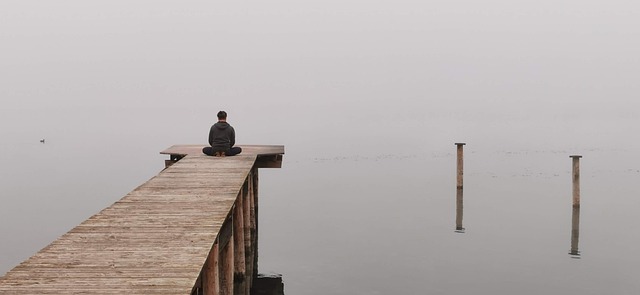The Change Academy at Lake of the Ozarks (CALO) Institute abuse scandal exposed severe misconduct and neglect in a facility promoting youth transformation. Survivors' testimonies revealed physical, emotional, and sexual abuse, excessive discipline, and inappropriate staff-student relationships. This led to public outrage, state interventions, legal actions against administrators, and calls for stricter oversight. Supporting CALO abuse victims is crucial for justice and recovery. Support systems like support groups, counseling services, and legal aid organizations help survivors share their stories, access justice, and heal. The new Change Academy offers a chance to learn from past mistakes and establish safer environments by addressing root causes of institutional abuse through improved reporting, staff training, open cultures, policy reforms, oversight, transparency, leadership training, and resilience-building.
“Unveiling the shadows cast by the Change Academy at Lake of the Ozarks (CALO) abuse scandal, this article delves into the complex web of victimization and seeks justice. We explore the profound impact on those affected and the urgent need for accountability. Through examining the scandal’s roots, we advocate for victim support and justice, while offering insights into reforming educational institutions to prevent similar tragedies. By shedding light on lessons learned, we aim to foster a culture of safety and hold perpetrators accountable.”
- Understanding the CALO Institute Abuse Scandal
- Advocating for Victims: Support and Justice
- Reforming the Academy: Lessons Learned and Prevention Strategies
Understanding the CALO Institute Abuse Scandal

The Change Academy at Lake of the Ozarks (CALO) Institute abuse scandal refers to a series of allegations and investigations revealing widespread misconduct and abuse within the institution. The CALO Institute, founded as a non-profit educational and rehabilitation center for youth, was accused of systemic failures in protecting its residents from physical, emotional, and sexual abuse. This scandal brought to light the dark underbelly of what was marketed as a transformative environment, exposing a labyrinthine web of neglect and exploitation.
In response to these revelations, many survivors came forward with harrowing stories of mistreatment, including excessive discipline, isolation, and inappropriate relationships between staff members and students. The scandal sparked a public outcry for justice and reform, leading to state interventions and legal proceedings against the Institute’s administrators. It underscored the importance of stringent oversight in such facilities and prompted discussions on enhancing protection measures for vulnerable individuals within similar settings.
Advocating for Victims: Support and Justice

Advocating for victims of the CALO (Change Academy at Lake of the Ozarks Institute) abuse is a vital step towards justice and healing. Support systems play a crucial role in empowering survivors to share their stories and seek redress. Many victims face significant challenges when coming forward, including fear, shame, and the trauma they endured. Therefore, it’s essential to create safe spaces where they feel heard, believed, and supported throughout the process.
Support groups, counseling services, and legal aid organizations dedicated to handling such cases can offer much-needed assistance. These entities facilitate victims’ access to justice by providing guidance through the legal system, helping them navigate complex procedures, and ensuring their rights are protected. Moreover, they offer a sense of community, fostering connections among survivors who have experienced similar traumas, which can be incredibly powerful in the healing process.
Reforming the Academy: Lessons Learned and Prevention Strategies

The Change Academy at Lake of the Ozarks, established in response to the CALO abuse scandal, offers a critical opportunity to learn from past mistakes and create a safer environment for all individuals. By examining the root causes of the institutional abuse, we can implement effective prevention strategies that ensure such atrocities are never repeated. This includes enhancing reporting mechanisms, providing comprehensive training for staff and volunteers on recognizing and responding to signs of abuse, and fostering an open culture where victims feel empowered to speak out without fear of retaliation.
Reforming educational institutions involves a multifaceted approach. It requires updating policies and procedures to prioritize the well-being of participants, implementing robust oversight mechanisms, and promoting transparency in decision-making processes. Furthermore, integrating lessons learned from CALO abuse into the training curriculum for future leaders can help build resilience against potential abuses and foster a culture of accountability and empathy.
The scandal at the Change Academy at Lake of the Ozarks (CALO) highlights a grave failure in protective measures, leaving victims of abuse with lasting trauma. While advocating for justice and support is crucial, it’s equally important to learn from this tragedy. By implementing robust prevention strategies and systemic reforms, we can ensure that similar instances of academy abuse never occur again, fostering an environment where students’ well-being is paramount.
